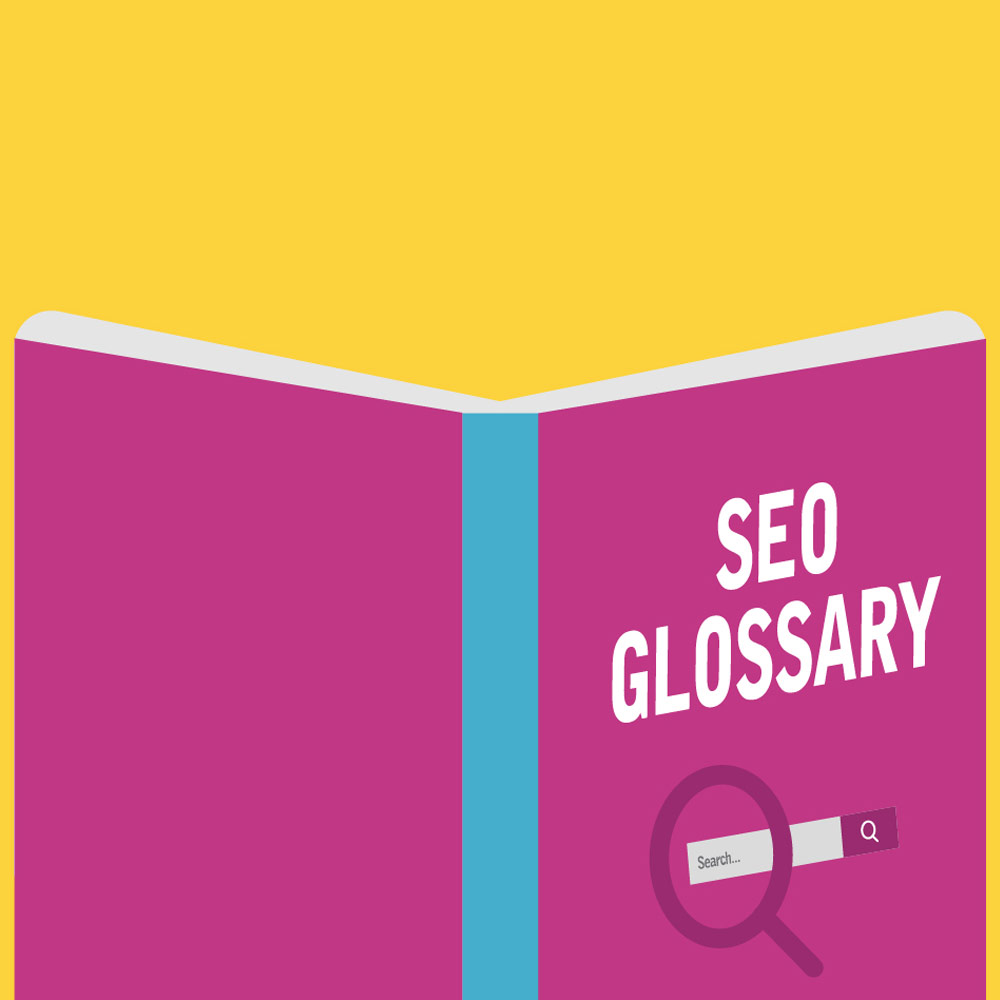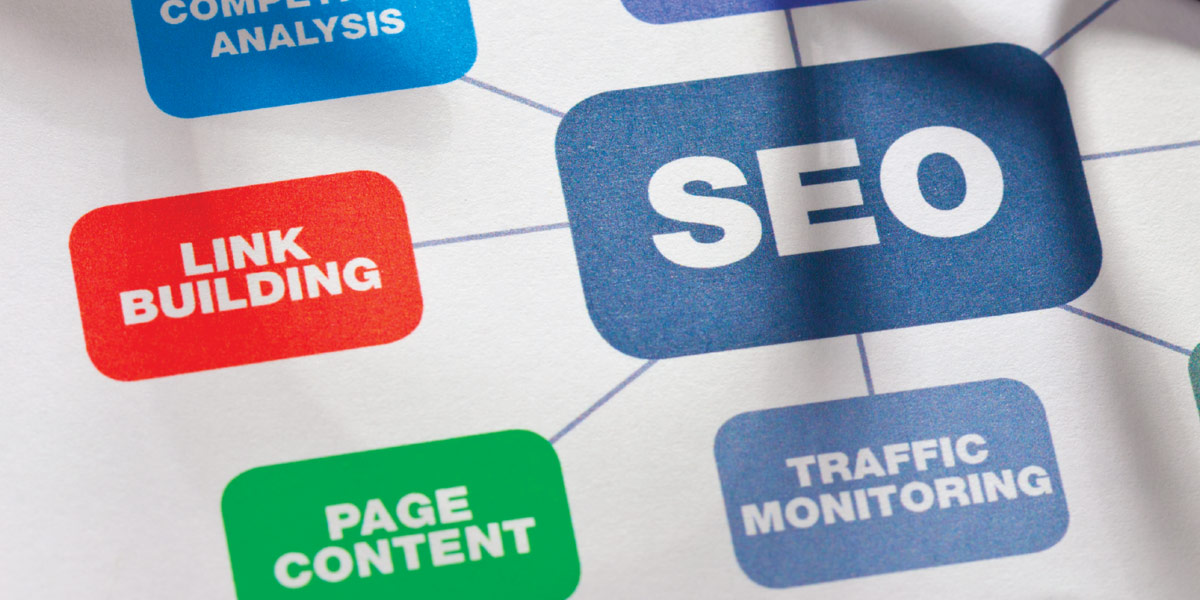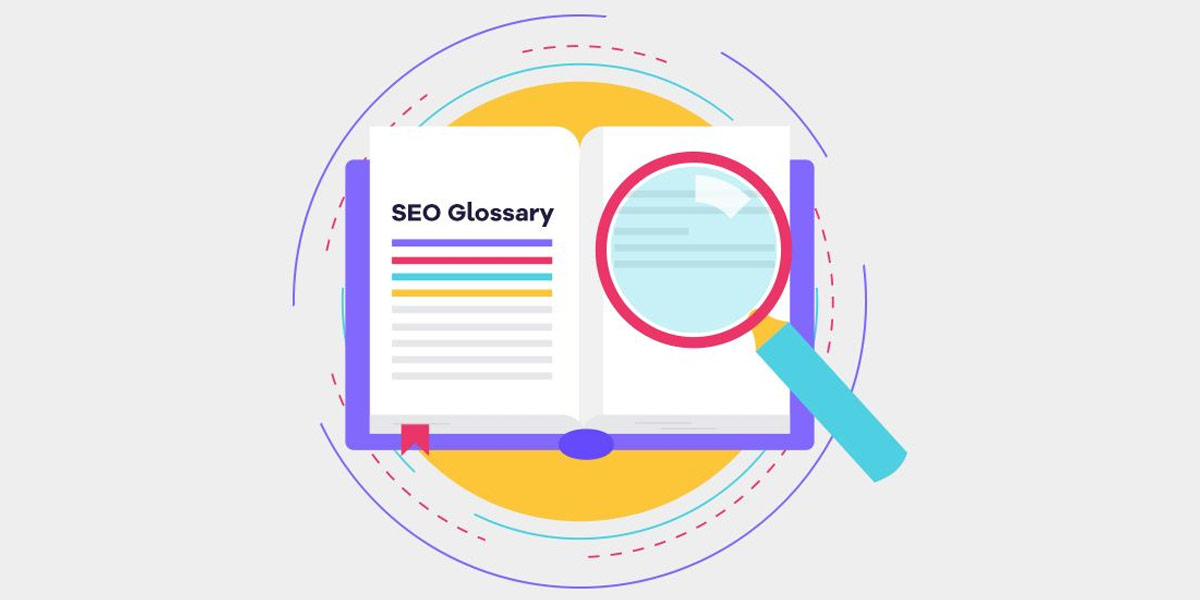SEO Terms Every Beginner Should Know

Search Engine Optimization (SEO) has become an integral part of digital marketing in today’s online landscape. However, navigating the complex world of SEO can be overwhelming, especially for those who are new to the game. One of the challenges of learning SEO is getting familiar with the technical terminology that comes with it. This article will provide a comprehensive guide to the essential SEO terms, helping you understand the lingo of search engine optimization.
SEO Terms – Introduction
In today’s digital age, search engines play a vital role in our daily lives. Whether we are looking for a product, service, or information, search engines are the go-to source. As a result, businesses and websites that want to attract more traffic and increase their online visibility need to have a solid SEO strategy. However, the technical terminology that comes with SEO can be challenging to understand, even for experienced digital marketers. In this article, we will provide a comprehensive guide to the essential SEO terms to help you navigate the complex world of search engine optimization.

SEO Terms – Introduction
What is SEO?
Search Engine Optimization (SEO) is the process of optimizing a website or webpage to rank higher in search engine results pages (SERPs). The goal of SEO is to increase the visibility and traffic of a website by improving its relevance and authority to specific search queries. SEO involves various tactics and techniques, including keyword research, on-page optimization, link building, and content creation, to help search engines understand and rank your website’s pages.
The Importance of SEO
SEO is essential for any business or website that wants to be visible online. With millions of websites and billions of web pages available on the internet, standing out can be challenging. However, with an effective SEO strategy, businesses can increase their online visibility, attract more traffic, and ultimately generate more revenue. The benefits of SEO include:
- Increased visibility in search engines
- Higher rankings in SERPs
- More targeted traffic to your website
- Improved user experience
- Higher conversion rates
- Enhanced brand credibility and authority

SEO Terms – The Importance of SEO
Key SEO Terms
To understand SEO, you need to be familiar with the following key SEO terms:
Title Tag
Title tags are HTML elements that define the title of a webpage. They appear on the search engine results page (SERP) and the browser’s tab. Title tags should be descriptive, concise, and contain the primary keyword.
Meta Description
Meta descriptions are HTML elements that provide a summary of the webpage’s content. They appear below the title tag on the SERP and can impact the click-through rate (CTR). Meta descriptions should be compelling, informative, and contain the primary keyword. A well-crafted meta description can improve click-through rates and improve the relevance of a web page.
Indexing
Indexing is the process by which search engines crawl and store web pages in their database. It allows search engines to retrieve relevant pages for a user’s query.
Headings
Headings are HTML elements that structure the content of a webpage. They range from H1 to H6, with H1 being the most important. Headings help search engines understand the hierarchy and organization of the content.
Keyword
A keyword is a specific word or phrase that people use to search for information, products, or services on search engines. Keywords play a crucial role in SEO as they help search engines understand the content of your website and match it with relevant search queries. Keyword research is the process of finding the right keywords to target for your website, considering factors such as search volume, competition, and relevance.
Long-tail Keyword
A long-tail keyword is a specific phrase or set of words that people use to search for something online. Long-tail keywords usually have low search volume but high relevance, making them ideal for targeting a specific audience.
Backlink
A backlink is a link from another website to your website. Backlinks play a crucial role in SEO as they help search engines determine the relevance and authority of your website. The more high-quality backlinks your website has, the more likely it is to rank higher in SERPs.
Anchor Text
Anchor text is the clickable text that appears as a hyperlink on a web page. Anchor text is important for SEO as it helps search engines understand the relevance of the linked page to the keyword used in the anchor text.
SERP
SERP stands for Search Engine Results Page. SERP refers to the page that appears after a user enters a search query on a search engine. The SERP displays a list of web pages that are relevant to the search query, with the most relevant and authoritative pages appearing at the top of the page.
PageRank
PageRank is a system developed by Google that assigns a numerical value to web pages based on their relevance and authority. The higher the PageRank of a web page, the more likely it is to rank higher in SERPs.
CTR
CTR stands for Click-Through Rate. CTR refers to the percentage of users who click on a specific link or ad after seeing it. CTR is an important metric for measuring the effectiveness of online advertising and marketing campaigns.
Domain Authority
Domain Authority (DA) is a metric developed by Moz that measures the overall authority of a website. DA takes into account various factors such as the number of backlinks, the quality of backlinks, and the relevance of the content.
Nofollow
Nofollow is an HTML attribute used to tell search engines not to follow a specific link on a web page. Nofollow links do not pass on any link juice or authority to the linked page.
Dofollow
Dofollow is the opposite of nofollow. Dofollow links are links that pass on link juice and authority to the linked page.
Robots.txt
Robots.txt is a file that tells search engine crawlers which pages of a website to crawl and which pages to exclude. Robots.txt is important for controlling the indexing and crawling of a website.
Sitemap
A sitemap is a file that lists all the pages of a website and provides information about the structure of the website. Sitemaps help search engines understand the organization of a website and improve its crawling and indexing.
Canonical URL
A canonical URL is a preferred URL of a web page that is used to prevent duplicate content issues. Canonical URLs help search engines understand the source of the content and prevent penalties for duplicate content.
Ranking Factor
Ranking factors are the criteria used by search engines to determine the relevance and authority of a webpage. They include on-page factors such as content quality and keyword usage, as well as off-page factors such as backlinks and social signals.
Traffic
Traffic refers to the number of visitors that a website receives. Organic traffic refers to the visitors that come to a website through search engines, while direct traffic refers to the visitors who type in the URL directly.
Cloaking
Cloaking in SEO is a technique where a website presents different content to search engines and users, in order to manipulate search engine rankings. It is considered a black hat SEO practice and can result in penalties or a complete ban from search engines.
Black Hat SEO Techniques to Avoid
Black Hat SEO techniques are tactics that violate search engine guidelines and can result in penalties or bans. Some common Black Hat SEO techniques include keyword stuffing, cloaking, link schemes, and hidden text. It is essential to avoid Black Hat SEO techniques and focus on ethical and sustainable SEO practices to improve your website’s visibility and authority.

SEO Terms – Black Hat SEO Techniques to Avoid
Conclusion
SEO is a complex field with a technical vocabulary that can be overwhelming for beginners. However, understanding the essential SEO terms is critical to developing an effective SEO strategy and improving your website’s online visibility. In this article, we have covered the key SEO terms, including title tag, headings, keywords, backlinks, anchor text, SERP, PageRank, CTR, Domain Authority, Nofollow, Dofollow, meta description, Robots.txt, sitemap, ranking factor, traffic, cloaking and canonical URL. By familiarizing yourself with these terms, you can optimize your website for search engines and attract more organic traffic. It is important to note that SEO is an ongoing process, and it requires continuous effort and updates to stay relevant and effective. By following ethical and sustainable SEO practices and avoiding Black Hat techniques, you can improve your website’s authority and visibility in the long term.
FAQs
How long does it take for SEO to work?
SEO is a long-term strategy that can take anywhere from a few months to a year or more to see significant results. It depends on various factors such as the competition, the age of the website, and the quality of content.
What is the difference between organic and paid search results?
Organic search results are the unpaid listings that appear on the SERP based on their relevance and authority, while paid search results are the ads that appear on the top or bottom of the SERP based on their bid and relevance. To find out which one is the better option for you, read this article – SEO vs PPC.
How many keywords should I target on a single page?
It is recommended to target one or two primary keywords and a few secondary keywords on a single page to avoid keyword stuffing and maintain relevance.
Should I focus on backlinks or content for SEO?
Both backlinks and content are essential for SEO. While high-quality content attracts natural backlinks, backlinks help improve the authority and relevance of the content.
How can I improve my website’s Domain Authority?
You can improve your website’s Domain Authority by building high-quality backlinks, optimizing your content for keywords, improving website speed and usability, and providing valuable and relevant content to users.
What is Google BARD and how does it impact SEO?
Google BARD (Bidirectional Encoder Representations from Transformers for Audio Recognition) is a natural language processing model developed by Google that can understand and analyze human language. Google BARD is used to improve the accuracy of speech recognition in voice assistants like Google Assistant. In terms of SEO, Google BARD impacts how Google understands and ranks content based on the language used in the content. This means that content creators need to focus on creating high-quality, relevant content that is well-written and structured, and that is focused on answering the user’s query in a clear and concise manner. By creating content that is optimized for Google BARD, websites can improve their chances of ranking higher in voice search results and in traditional search results that rely on natural language processing.

